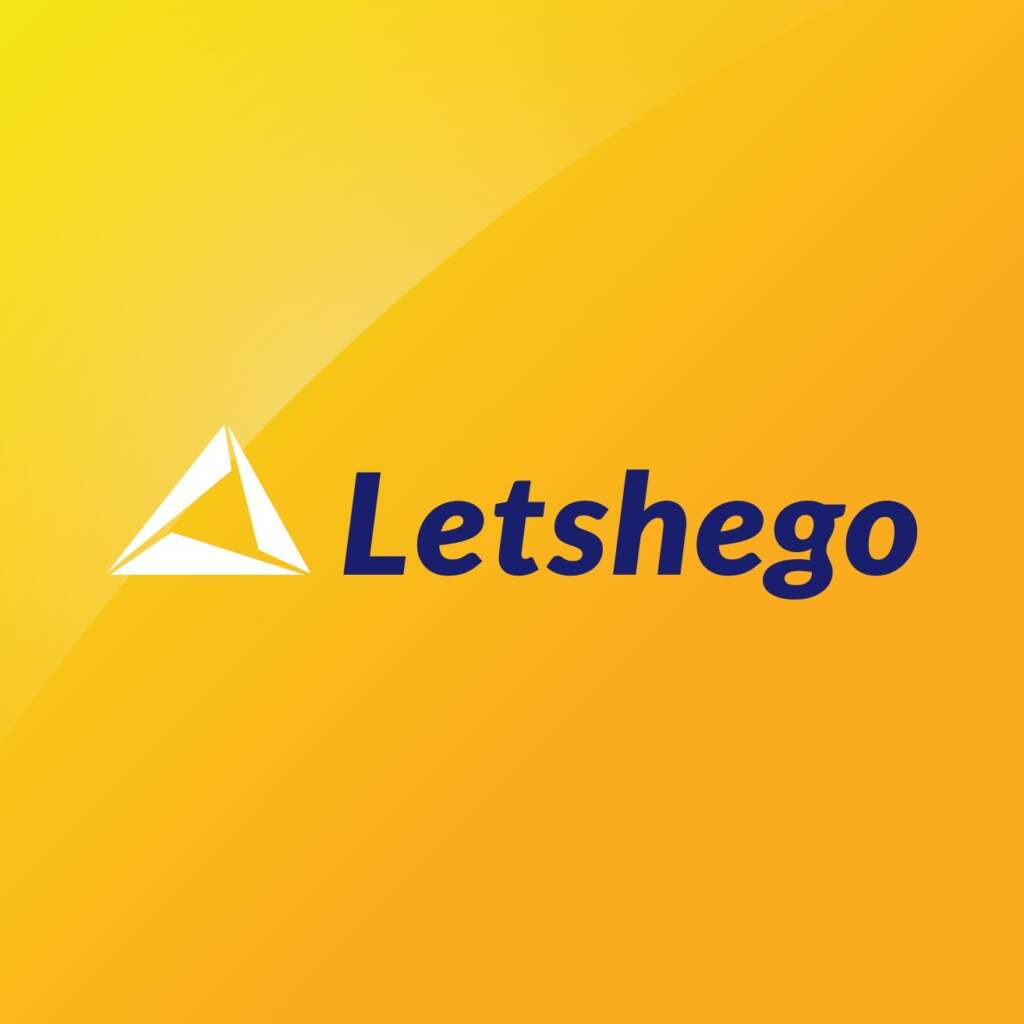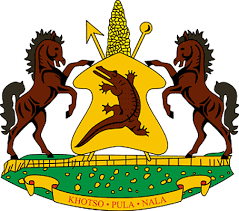Staff Reporters
In a bid to further demonstrate its social impact strategy, Letshego Holdings Namibia Ltd (Letshego Namibia) has listed the Group’s first social bond in Africa on the Namibian Stock Exchange (“NSX”).
By so doing, Letshego Namibia, a sister company to Letshego Financial Services Lesotho Ltd, became the first Letshego Africa Holdings Ltd (the Group) subsidiary to list asocial bonds, tapping into Africa’s growing social financing opportunities.
Social bonds are fixed-income securities whose proceeds are earmarked to finance or re-finance new and existing social impact projects such as low-income groups, unemployed, or otherwise vulnerable.
A statement by the group indicated that the inaugural social listing received total bids to the value of N$322 million (USD18 million) and successfully issued N$260 million (USD14 million) three-year senior unsecured notes across five investors.
Dr Ester Kali, Letshego Namibia’s Country Chief Executivecommended the move, saying it affirms their commitment to improve lives.
“A social bond listing evidences our commercial purpose to improve lives while leveraging the opportunity to access a rapidly increasing pool of social financing, globally. Social bonds not only introduce Letshego Namibia to an expanded pool of social investors but also deepen stakeholder confidence in our credentials given industry and listing regulations’ require independent evaluations and approvals of our Social Financing Framework prior to listing.”
Letshego Africa Holding’s Group Chief Executive, Aupa Monyatsi said: “Achieving a tangible social and sustainable impact from our pan-African inclusive financing products and solutions has been intrinsic to Letshego’s 25-year legacy in Africa, having first opened our doors in Gaborone, Botswana in 1998.”
“Sustainability and ESG remain integral proponents across our geographies and business divisions, and core to our inclusive culture and how we do business. Namibia’s social bond leads the way for other subsidiaries to access the growing pool of social capital and financing vehicles, for the benefit of our strategy, and ultimately our customers, partners, and communities.”
Since its Initial Public Offer (IPO) entitled ‘EkwafoLetu’ in 2017, the Namibian subsidiary has invested and leveraged the local capital market with various medium-term note programmes, diversifying its funding sources and benefiting from local currency funding.
Letshego Namibia’s social bond has been structured in alignment with the International Capital Market Association’s Social Bond Principles. The proceeds of which will support Letshego Namibia’s strategy to increase access, reach, and affordability of productive financial solutions for more Namibians as more specifically outlined in Letshego Namibia’s Social Finance Framework (“SSF”).
This includes the support of underserved individuals, micro and small entrepreneurs, and small business owners, with inclusive products like affordable housing, healthcare, and education.
RMB, a recognised leader in bringing social and green bonds to Namibia and regional stock exchanges, acted as Letshego Namibia’s arranger, dealer, NSX debt sponsor, sustainability advisor, and coordinator.
Philip Chapman, Chief Executive Officer for RMB Namibia commented: “Private sector players are increasingly coming to the fore of solving development challenges. Noting Namibia’s socio-economic challenges, RMB used its wealth of expertise in Sustainable Finance to have a structure and a robust SFF to ensure the utmost social impact in the deal. We navigated the various complexities coupled with our debt capital markets capabilities to introduce Letshego Namibia’s first-to-market social bond.”
In 2023, Letshego Namibia was recognised as the Best Locally Listed Company at the prestigious Namibia Top Company Awards organised by Cirrus Capital.
With a staff complement of over 200 employees – including both direct and indirect sales agents – and more than sixty thousand customers, Letshego Namibia is synonymous with leveraging innovation and technology to improve the lives of individuals who have limited access to traditional financial services.
Summary
- In a bid to further demonstrate its social impact strategy, Letshego Holdings Namibia Ltd (Letshego Namibia) has listed the Group’s first social bond in Africa on the Namibian Stock Exchange (“NSX”).
- Social bonds not only introduce Letshego Namibia to an expanded pool of social investors but also deepen stakeholder confidence in our credentials given industry and listing regulations’ require independent evaluations and approvals of our Social Financing Framework prior to listing.
- Noting Namibia’s socio-economic challenges, RMB used its wealth of expertise in Sustainable Finance to have a structure and a robust SFF to ensure the utmost social impact in the deal.

Your Trusted Source for News and Insights in Lesotho!
At Newsday Media, we are passionate about delivering accurate, timely, and engaging news and multimedia content to our diverse audience. Founded with the vision of revolutionizing the media landscape in Lesotho, we have grown into a leading hybrid media company that blends traditional journalism with innovative digital platforms.








